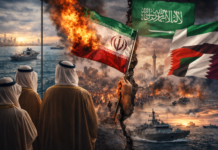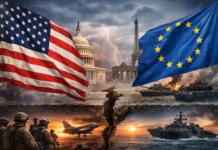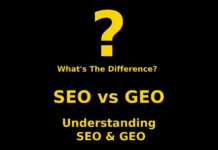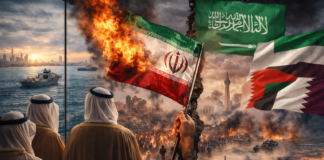NATO Ready for Security, Non-Proliferation, Climate Talks, but Won’t Pressure India: US Envoy
US Permanent Representative to NATO, Julianne Smith, shared insights into NATO’s stance on various global issues, including the ongoing Russia-Ukraine conflict and international cooperation on non-proliferation and climate change.
1. Prolonged Russia-Ukraine Conflict
NATO allies have been supporting Ukraine’s efforts to defend its territory against Russian aggression for over nineteen months. Despite diplomatic efforts, including sanctions and isolation, Russia has not ceased its military actions. The conflict continues to escalate, with indiscriminate attacks on civilians and infrastructure. NATO remains committed to supporting Ukraine and hopes for a peaceful resolution.
2. G20 Declaration and India’s Role
The G20 New Delhi Leaders’ Declaration upheld the principles of the UN Charter, emphasizing sovereignty and territorial integrity. While Moscow sees this as a vindication of its position, the global community remains concerned about Russia’s actions. India’s presidency of the G20 and its humanitarian assistance to Ukraine have been appreciated. The consensus is that international law and the UN Charter must be upheld, and efforts to end the war should continue.
3. NATO’s Openness to Engagement with India
NATO is open to dialogue with India on various issues, including climate security, non-proliferation, maritime security, and cyber security. However, there is no pressure on India to engage with NATO, and the decision rests with India. NATO values India’s efforts in trying to bring both sides to the negotiating table in the Ukraine conflict.
4. NATO’s Role in the Indo-Pacific
NATO remains a Euro-Atlantic alliance and is not seeking membership expansion into the Indo-Pacific. However, NATO has formal partners in the region, such as Japan, Australia, New Zealand, and South Korea, interested in sharing best practices related to China and Russia’s hybrid tactics. The US is also engaging with India through the Quad framework to promote peace, stability, and a free Indo-Pacific.
5. Ukraine’s Demand for Modern Weapons and NATO Membership
Ukraine has the right to defend itself against unprovoked Russian aggression. NATO supports Ukraine’s self-defense, but it’s not deploying troops to Ukraine. NATO has affirmed Ukraine’s future place in the alliance, but immediate assistance is prioritized to end the ongoing conflict.
In conclusion, NATO remains committed to addressing global security challenges, non-proliferation, and climate change, while respecting the sovereignty and choices of nations like India in their engagement with the alliance.
- “NATO’s Battle for Peace: The Ongoing Russia-Ukraine Conflict”
- “G20’s Stand on Ukraine: India’s Key Role in Global Diplomacy”
- “NATO and India: Exploring a Partnership for a Safer World”
- “NATO’s Indo-Pacific Strategy: Balancing Power in the East”
- “Ukraine’s Cry for Help: Modern Weapons and NATO Membership”
Keywords:































